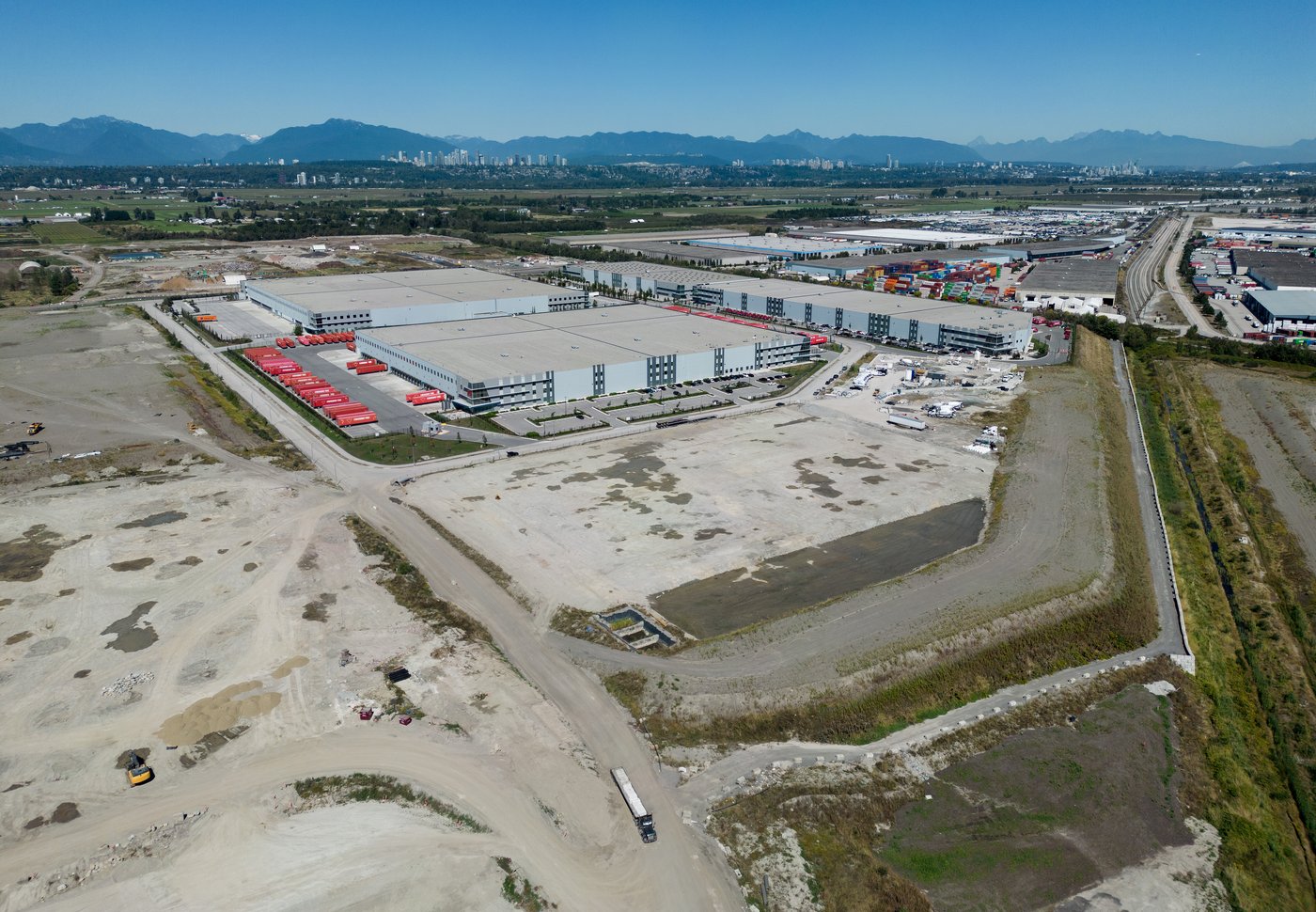Elevate your local knowledge
Sign up for the iNFOnews newsletter today!
Sign up for the iNFOnews newsletter today!
Selecting your primary region ensures you get the stories that matter to you first.

VICTORIA — British Columbia Premier David Eby says his government will be asking for a stay of the implementation of the Cowichan Tribes case that confirmed Aboriginal title over an area of private and government-owned land in Richmond, B.C.
Eby said Wednesday that a stay would give the British Columbia Court of Appeal an opportunity to consider and decide on the landmark case that has sparked concerns about the implications for private land ownership.
Although the August declaration of Aboriginal title by the B.C. Supreme Court was suspended for 18 months, Eby said he hoped the Court of Appeal would use the requested stay to provide some “clarity and assistance” on the direction of the case.
The ruling says the Crown’s grants of private titles in the 750-acre area was an unjustified infringement of Cowichan rights.
“I just want everyone to know that our government is taking this case incredibly seriously,” Eby told reporters.
“We advanced arguments that we believed would be successful, and we believe still will be successful on appeal.”
The province had argued in the B.C. Supreme Court that Aboriginal and fee-simple title cannot co-exist on the same land in their full form, seeking suspension of Aboriginal title, while the City of Richmond, which was also a defendant, sought extinguishment.
Both arguments failed.
Eby was speaking the day after the City of Richmond hosted a tense public meeting for hundreds of residents and land owners on Tuesday night about the precedent-setting case and its potential impacts on private property.
Eby said the ruling had been “very troubling for many people” in the area, including about 150 owners of private property in the title area.
He said Attorney General Niki Sharma and her team were currently collecting information from property owners, including whether they have been able to get mortgages or financing since the decision, and Eby encouraged affected residents to come forward.
The Cowichan have accused Eby and other officials of spreading “misinformation” about the ruling, because their case did not seek to overturn private property titles.
The B.C. Supreme Court ruling says the Cowichan Tribes have Aboriginal title over about 750 acres on the Fraser River, that Crown and city titles on the land are defective and invalid, and the granting of private titles on it by the government unjustifiably infringed on the Cowichan title.
Justice Barbara Young said the 18-month suspension of the title declaration was to give the Cowichan, Canada, and Richmond time to make “necessary arrangements.”
Tuesday’s meeting heard from angry owners, including Kal Mattu, who said private land holders should have been warned about the case sooner.
Mattu said later he planned to bring his own lawsuit over the situation.
B.C. Conservative Opposition Leader John Rustad said B.C.’s decision to ask for a stay did not create certainty, because it did not resolve the question whether private property could co-exist with Aboriginal title.
“You need to know what your right to private property is, and that is now in question,” Rustad said.
Rustad said the Cowichan Tribes case could affect communities and property owners across B.C.
The City of North Vancouver on Wednesday warned residents of a “fraudulent” letter claiming to be from the city’s “indigenous claims review council.”
It said residents should “disregard” the letter, which is circulating online and says people should hire a lawyer to make sure their properties in the city are not affected by Indigenous claims.
This report by The Canadian Press was first published Oct. 29, 2025.
This site is protected by reCAPTCHA and the Google Privacy Policy and Terms of Service apply.
Want to share your thoughts, add context, or connect with others in your community?
You must be logged in to post a comment.